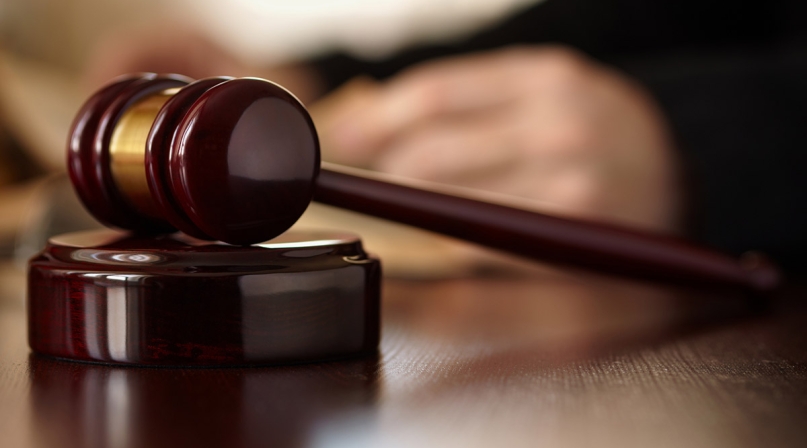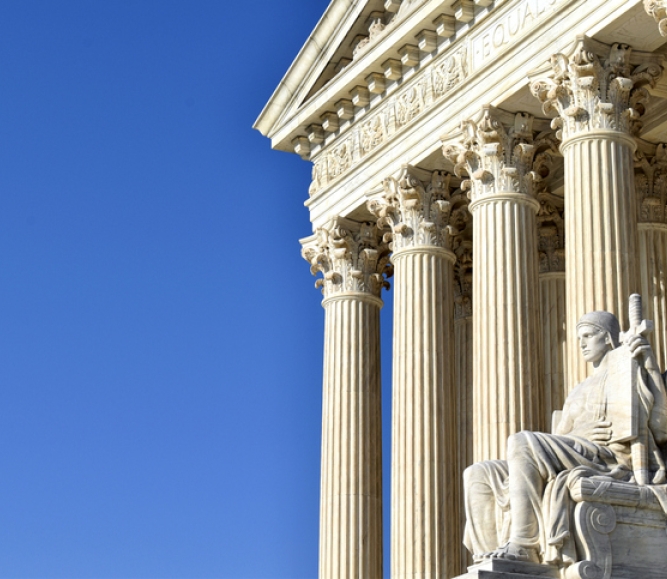NACo Legal Advocacy: Lackey v. Stinnie
Author
Upcoming Events
Related News

COUNTY NEXUS
Lackey v. Stinnie will impact the ability of state and local governments to avoid paying litigation fees in a civil rights case if they change their conduct (i.e. repeal a law) after a court has granted a preliminary injunction. Limiting fees in this scenario would protect the financial health of local governments, while a ruling suggesting that a preliminary injunction meets the legal standard for Section 1988 fees could open the door to increased litigation.
BACKGROUND
Under Section 1988 of the U.S. Code, in civil rights litigation, courts may award “a reasonable attorney’s fee” to “the prevailing party” in litigation to ensure effective access to the judicial process for persons with civil rights grievances. The “prevailing party” must generally be understood to have been awarded “judicially sanctioned” relief on the merits of the case. However, appeals courts have been split on how a preliminary injunction factors into that definition.
In Lackey, the Virginia legislature repealed a law pertaining to the automatic suspension of drivers licenses for unpaid fees and fines after a Judge granted a preliminary injunction in a class-action lawsuit. Because the law was repealed before going to trial, the case was dismissed, and a district court rejected the subsequent attempt by the attorneys to secure $760,000 in fees. The Fourth Circuit overturned that decision, arguing that a preliminary junction does indeed satisfy the legal standard required under Section 1988. The Supreme Court will now review the case to decide whether a plaintiff who obtains a preliminary injunction – but does not secure a final judgment — may be a “prevailing party” entitled to attorney’s fees.
NACo ADVOCACY:
In a Local Government Legal Center Advocacy amicus brief in support of the Petitioner, NACo argued that obtaining a preliminary injunction is not enough to confer prevailing-party status, nor does a government’s voluntary repeal of a challenged policy. A ruling otherwise would discourage public bodies from repealing or altering potentially unconstitutional polices, discourage out-of-court settlement or resolution, encourage costly and protracted litigation, and require ordinary taxpayers to pay the costs.
STATUS
On February 25, 2025, in a 7-2 decision authored by Justice Gorsuch, the Supreme Court held that a party does not “prevail” under U.S.C. Section 1988 based on obtaining a preliminary injunction, even such instances where the defendant’s conduct later moots the case. The Court noted the shot-term nature of preliminary injunctions and held that because preliminary injunctions do not necessarily resolve the case, they do not provide for a prevailing party. As such, the ruling states that a preliminary injunction alone is insufficient to claim attorney’s fees in civil rights cases. This decision helps shield counties from exorbitant attorney’s fee, encourages proactively changing suspect policies and disincentivizing frivolous litigation.
Featured Initiative
Supreme Court Advocacy Hub

